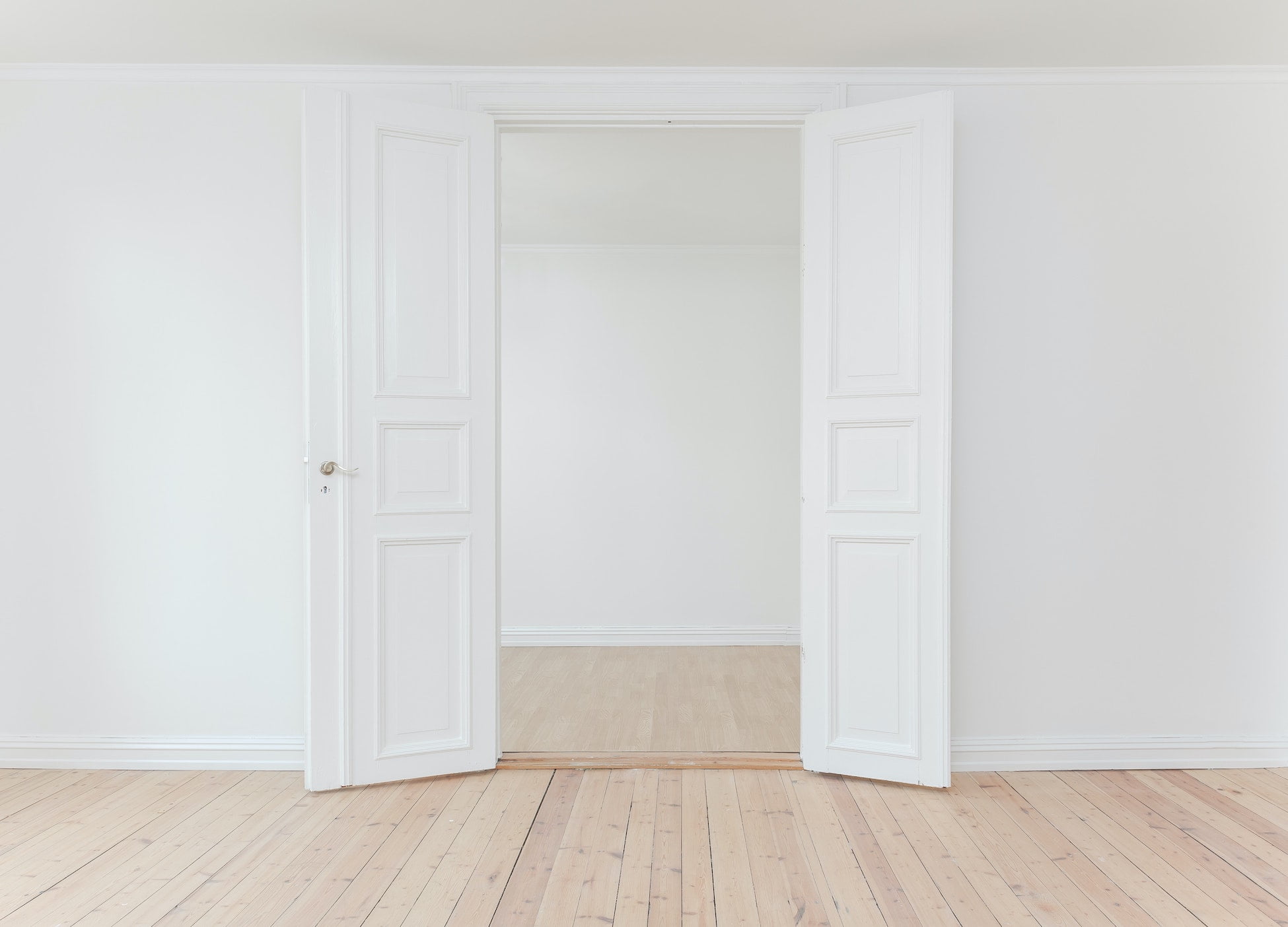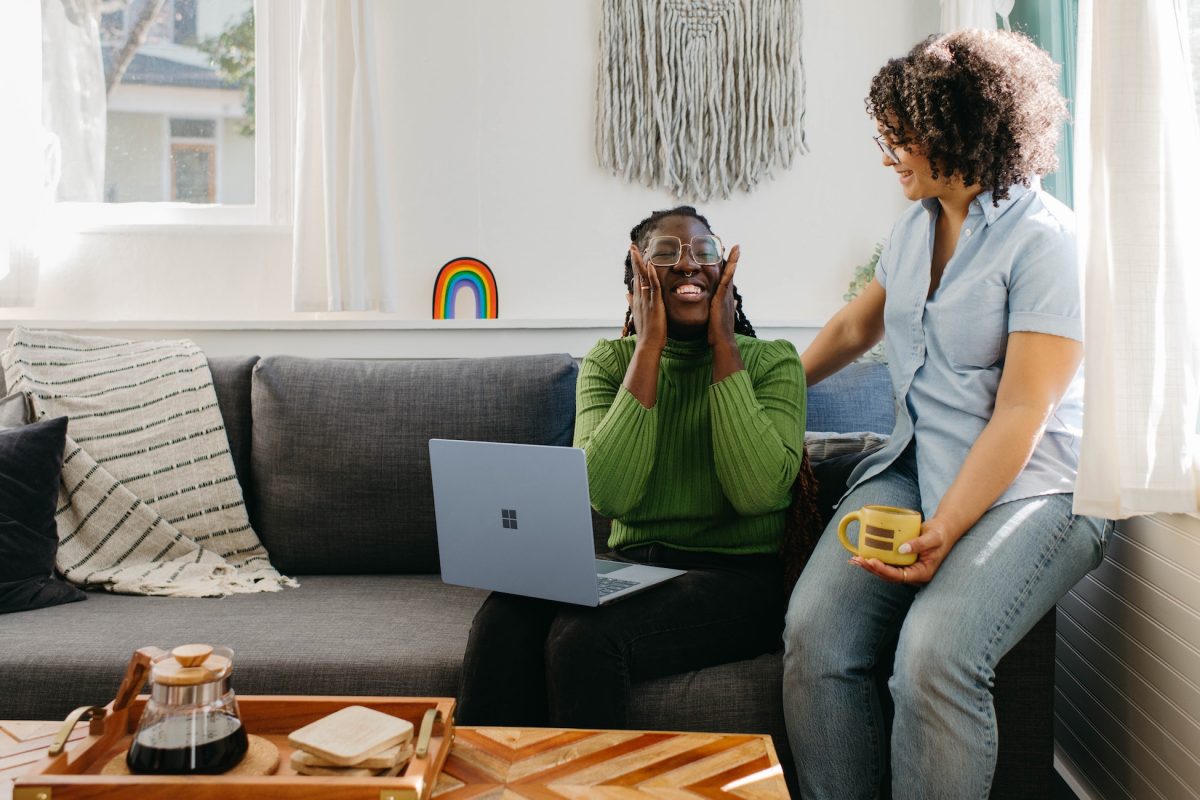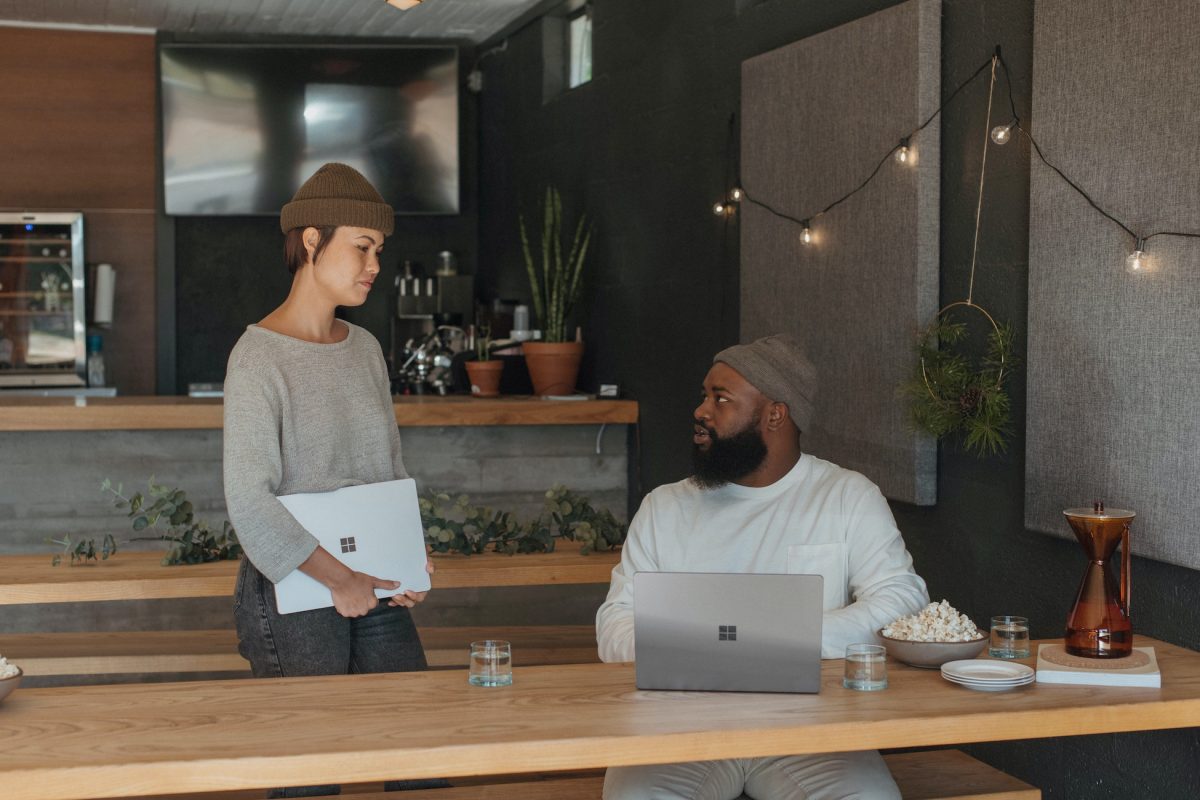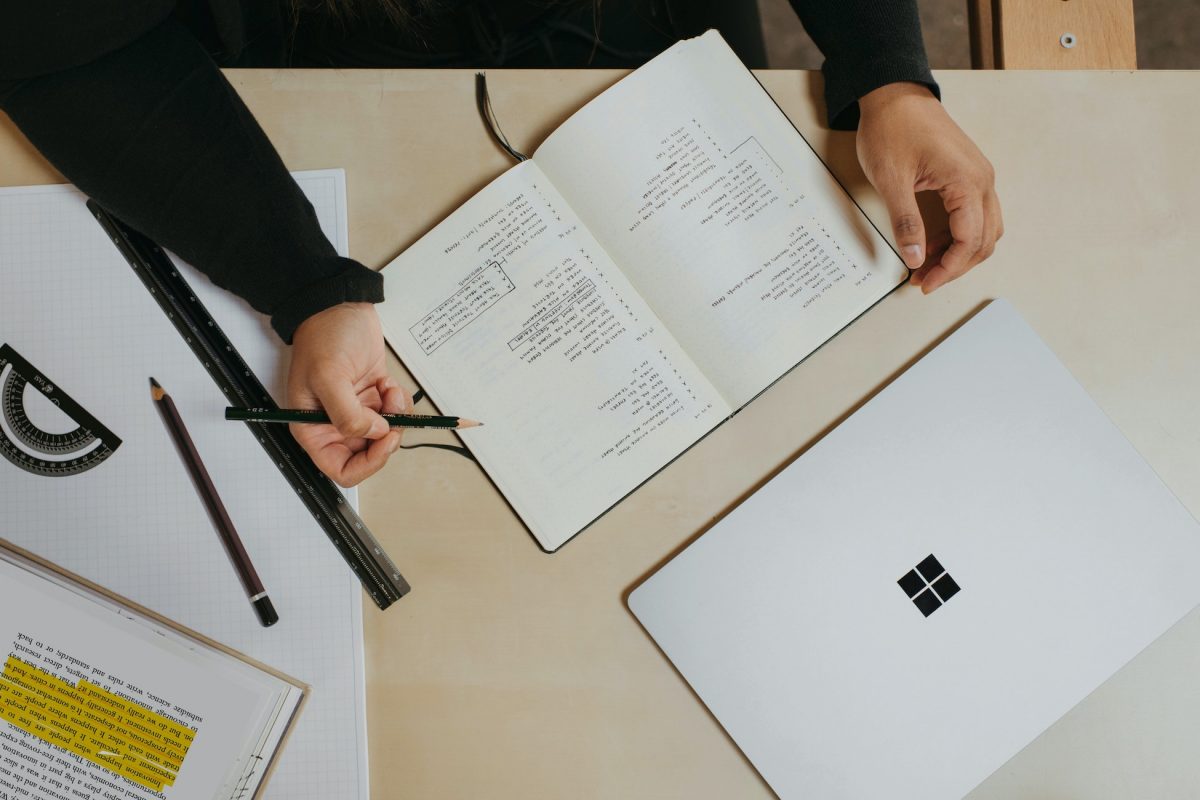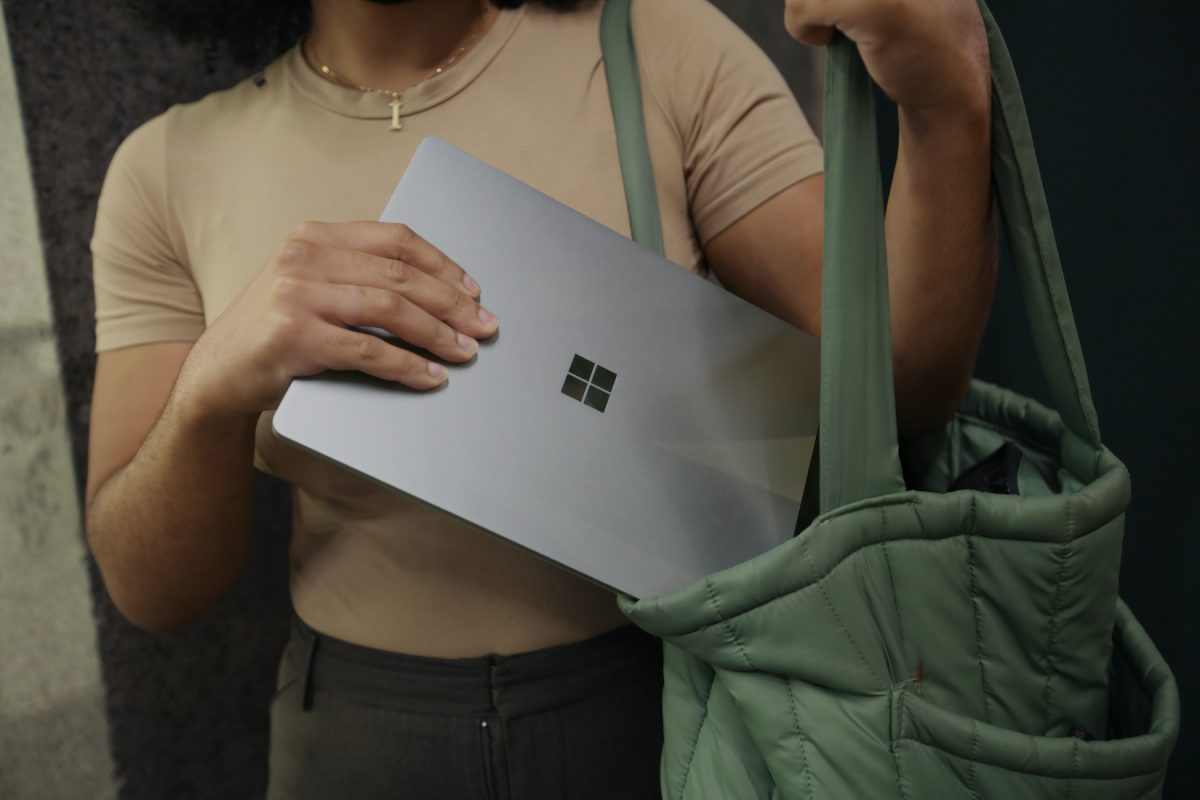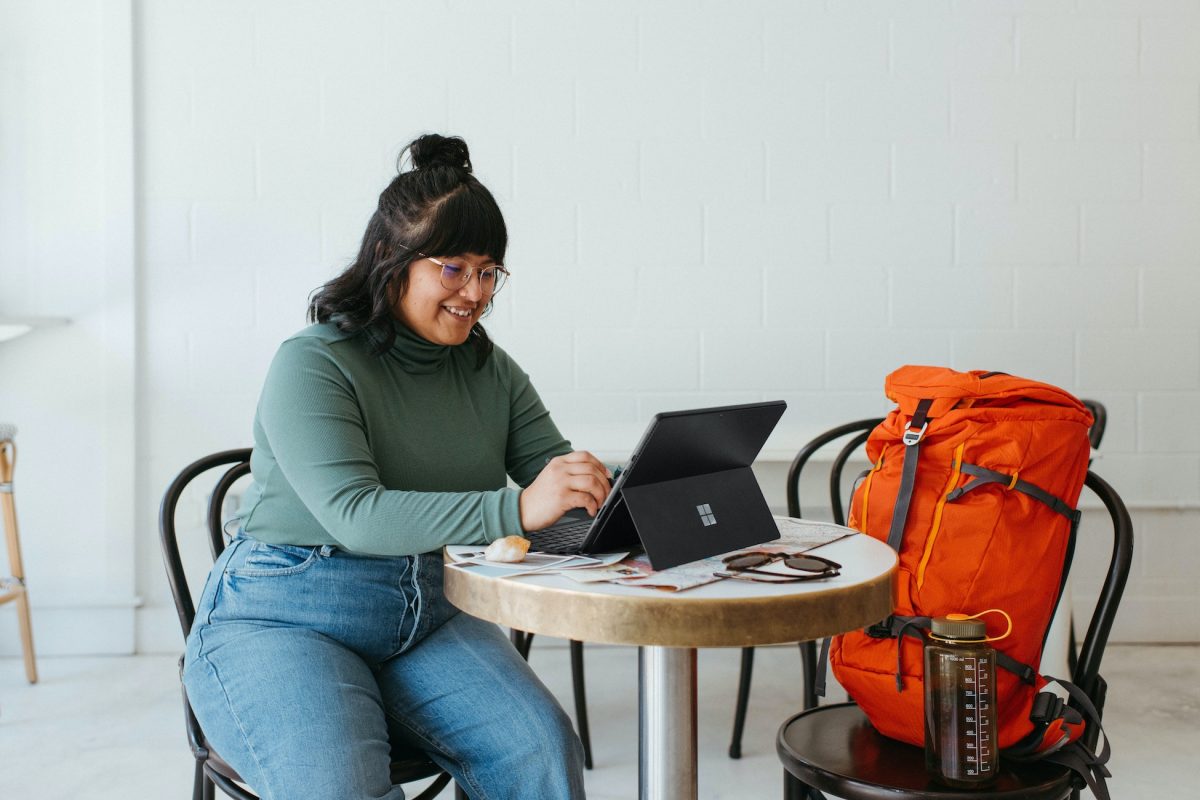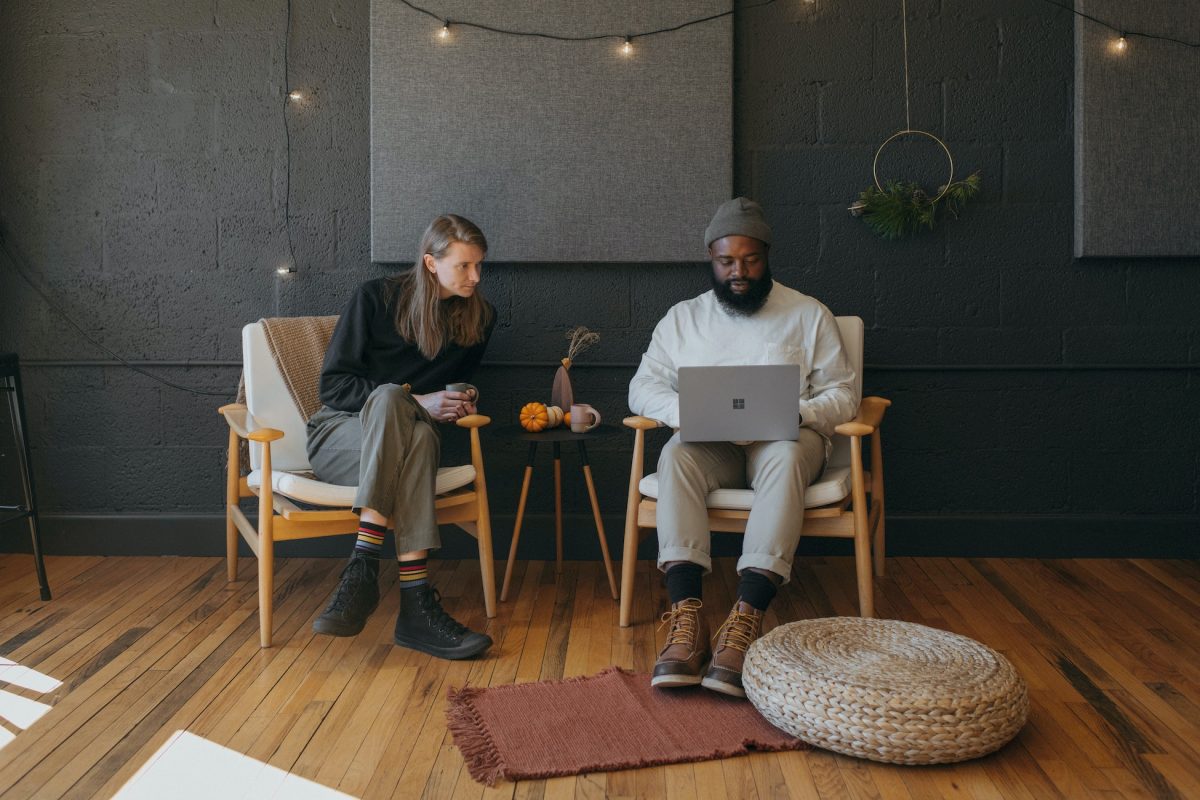Ready to dive headfirst into the quirky world of home buying savings, where every penny counts and the government might just give you a high five in the form of a bonus? Meet the Help to Buy ISA—a clever savings account designed to help first-time buyers (yes, that means you!) unlock the door to your very first home. We’re about to break down everything you need to know about Help to Buy ISA: its benefits, fees, interest rates, eligibility nuances, and more, all served up with a side of humor and mega real talk for millennials and Gen Z alike.
Help to Buy ISA: Benefits, Fees, Rates & Key Information Table of Contents
So, What Exactly Is a Help to Buy ISA?
Why the Help to Buy ISA Might Be Your Best Mate
Fees and Charges: What’s the Catch?
Interest Rates: How Fast Can Your Savings Grow?
Eligibility and Key Rules You Shouldn’t Overlook
Comparing Help to Buy ISAs with Lifetime ISAs: Which One Wins?
Smart Tips and Tricks to Supercharge Your Savings
Real-Life Transformations: Case Studies of First-Time Buyers
Crafting Your Personalized Home-Saving Roadmap
Resources and Community Support: Your Next Steps
So, What Exactly Is a Help to Buy ISA?
Imagine a savings account that’s not just about stashing cash but actually leveling up your home-buying game. The Help to Buy ISA is a government-backed savings scheme designed primarily for first-time buyers in the UK. You save money in this ISA, and when it’s time to make a deposit on your dream home, the government will add a bonus to your savings—think of it as a little extra help from your friendly neighbourhood public purse.
Unlike your everyday bank account, the Help to Buy ISA has a twist: all the money you save is tax-free, which means that both your deposits and the interest you earn stay solidly in your pocket. The government then tops up your savings by 25% when you use them to buy your first home, up to a maximum bonus of £3,000. That extra bonus can be the cherry on top, helping you get across the deposit threshold.
While the Help to Buy ISA scheme might sound like your dream savings account, there are eligibility criteria, contribution limits, and specific rules that you need to be aware of. So, stick with us as we unpack every detail to ensure you’re fully clued up before taking the plunge.
Why the Help to Buy ISA Might Be Your Best Mate
Saving for a deposit can feel like climbing a flight of stairs in high heels on a busy London street—but with the Help to Buy ISA in your toolkit, you’ve got a trusty ladder to help you reach those heights. Here’s why this account is the unsung hero of first-time buyers:
- Government Bonus: For every £200 you save, the government throws in an extra £50, effectively giving you a 25% boost to your savings. This bonus can add up quickly, making your deposit more attainable.
- Tax-Free Gains: Everything in your Help to Buy ISA is tax-free, meaning your interest earnings aren’t nibbled away by taxes. More money saved = more money towards your deposit.
- Encourages Steady Savings: The ISA’s structure is designed to help you develop a disciplined savings habit. Regular contributions not only build your deposit fund but also pave the way for better financial planning.
- No Investment Risk: Unlike stocks or shares, the money in your ISA is protected from market swings, making it a secure way to keep your savings on track for that home-buying adventure.
Whether you’re dreaming of a chic city flat or a cosy countryside cottage, the Help to Buy ISA gives you a tangible boost on the financial ladder. It’s like having a financial wingman who’s got your back on the sometimes daunting journey to home ownership.
Fees and Charges: What’s the Catch?
Let’s address the elephant in the savings account: fees. The good news is, most Help to Buy ISAs are designed to be straightforward, with minimal charges to trip you up along the way. However, as with all financial products, it pays to keep an eye on the fine print.
Typically, most Help to Buy ISAs come with no monthly fees or account maintenance charges. That said, some providers might levy administration fees, especially if you’re looking to transfer your account from one bank to another. These fees are usually modest, but they can nibble away at your hard-earned savings if you’re not paying attention.
It’s essential to shop around for the best ISA deals, reading the small print and comparing the fee structures. Look for accounts with transparent fee policies, competitive interest rates, and generous terms so that you can maximize every pound saved. Remember, the goal is to get as close as possible to that government bonus without any pesky fees undermining your effort.
Interest Rates: How Fast Can Your Savings Grow?
While the government bonus is the shining star of the Help to Buy ISA, a competitive interest rate is the silent force that helps your savings keep pace with inflation. Imagine your savings as a plant—interest rates are the water and sunlight that help it flourish. Many providers offer fixed or variable interest rates, and the actual rate you receive can vary depending on market conditions and the specific account terms.
Variable rates mean your returns might fluctuate, but the upside is that you could benefit from higher returns when the market is on a roll. Fixed rates, on the other hand, offer stability—ideal if you prefer knowing exactly how much your savings will grow, month after month. When you’re comparing accounts, keep an eye on the annual percentage rate (APR) and whether interest is calculated on a daily or monthly basis.
The beauty of a Help to Buy ISA is that while your interest may not make you a millionaire overnight, every little bit helps in building a solid foundation for your deposit. With annual returns compounding over time, those modest interest rates can add up significantly—especially when combined with that very attractive government bonus.
Eligibility and Key Rules You Shouldn’t Overlook
Before you start dreaming of your future pad, let’s break down who’s allowed to hop on the Help to Buy ISA bandwagon and what rules govern its operation.
Who Can Open a Help to Buy ISA?
The Help to Buy ISA is designed exclusively for first-time buyers. That means if you’ve never owned a property before, you’re in the clear. However, if you’ve already taken that leap or are planning to use your savings for a secondary property, this ISA isn’t for you.
You must also be a UK resident and have a UK bank account to participate in this scheme. The account is available to anyone who meets these basic criteria, whether you’re a savvy student saving on a part-time salary or a full-time professional just starting your journey.
Contribution Limits and Government Bonus Cap
With the Help to Buy ISA, you can save up to a set annual limit (which, historically, has hovered around £1,200 in the first month and then £200 a month thereafter). The government bonus is calculated as 25% of your total savings, capped at a maximum bonus of £3,000. This means to unlock the full bonus, you need to save around £12,000.
While these limits might sound restrictive, they’re designed to keep the scheme sustainable for everyone. Before opening the account, check with your chosen provider what the current limits are, as these can shift in line with government policy.
Time Frames and Claiming Your Bonus
Timing is crucial with the Help to Buy ISA. The bonus isn’t automatically added to your account—it’s claimed as part of the home-buying process when you purchase your first property. So, while you can build up your savings tax-free for years, the bonus only materializes once you’re ready to make that purchase.
Also, if you decide not to use your Help to Buy ISA funds to buy a home, you won’t be able to convert the savings into a bonus or transfer it for other uses. The scheme is squarely focused on helping you secure that first property.
Comparing Help to Buy ISAs with Lifetime ISAs: Which One Wins?
The financial world isn’t lacking in savings schemes, and one of the hottest debates among first-time buyers is whether to opt for a Help to Buy ISA or a Lifetime ISA (LISA). Both have their merits, but here’s how they stack up:
The Government Bonus
Both the Help to Buy ISA and the Lifetime ISA offer a government bonus of 25% on your savings. However, with a Lifetime ISA, you can deposit up to £4,000 per year and receive a bonus of up to £1,000 annually. This can potentially give you a higher bonus each year than a Help to Buy ISA if you’re able to contribute the maximum.
Flexibility and Withdrawal Rules
One key difference is in the use of funds. A Help to Buy ISA is strictly for buying your first home, so funds and bonuses are locked in for that purpose. In contrast, a Lifetime ISA offers more flexibility—you can use the money either for a home purchase or for retirement savings, albeit with penalties if you withdraw it for other reasons before age 60.
Eligibility and Age Restrictions
The Lifetime ISA is available to UK residents aged 18 to 39, while the Help to Buy ISA is also targeted at first-time buyers without strict age restrictions beyond needing to be legally eligible to purchase property. This means that if you’re a younger saver, the LISA might offer a longer window for savings.
Ultimately, the right choice depends on your personal savings goals and future plans. If your primary goal is buying your first home as soon as possible, a Help to Buy ISA might be the way to go. But if you’re juggling multiple financial goals, including retirement savings, a Lifetime ISA could give you the flexibility you need.
Smart Tips and Tricks to Supercharge Your Savings
Let’s be real: saving money can sometimes feel like you’re trying to stuff an elephant into a mini cooper. However, with the Help to Buy ISA, there are some clever strategies you can employ to really boost your savings potential:
Set Up Auto-Savings
Automate your savings and watch your deposit fund build up without any extra effort. Set up a standing order from your current account to your Help to Buy ISA each month, so you never miss a deposit. It’s like having a digital piggy bank that keeps getting fatter—no manual intervention needed.
Budget Like a Pro
Create a realistic budget that accounts for both your day-to-day expenses and your long-term savings goal. Budgeting apps and tools (many of which are tailor-made for tech-savvy millennials and Gen Z) can help you track your spending and identify areas where you can save a few extra quid.
Take Advantage of Extra Windfalls
Whether it’s a bonus from work, a tax refund, or even an unexpected gift, consider channeling these extra funds directly into your Help to Buy ISA. Every little boost adds up, giving you a leg up on the deposit ladder.
Stay Informed and Flexible
The world of finance is constantly evolving, and government policies about schemes like the Help to Buy ISA can change. Stay engaged by keeping up with financial news, following reputable money-saving blogs, and even joining online communities where first-time buyers share tips and experiences.
By applying these smart strategies, you’re not only maximizing your savings on paper—you’re actively building the financial muscle needed for that milestone home purchase.
Real-Life Transformations: Case Studies of First-Time Buyers
It’s one thing to talk about savings strategies and government bonuses, but real-life examples of first-time buyers making it happen are the best proof that the Help to Buy ISA can be a game-changer.
Case Study 1: Sarah’s City Flat Dream
Sarah, a 28-year-old graphic designer, had always dreamed of owning a stylish flat in the heart of the city. Juggling freelance gigs and a modest salary, she needed every advantage to make her dream a reality. Sarah opened a Help to Buy ISA soon after starting her first job and set up an auto-transfer from her salary account. By being disciplined about saving and carefully budgeting her monthly expenses, she built a deposit fund steadily over a few years. When the perfect flat hit the market, she clutched her government bonus like a golden ticket and was able to secure the place of her dreams with significantly less stress about finances.
Case Study 2: Jamal’s Journey from Renting to Owning
Jamal, a 32-year-old tech professional, was tired of the rent roller-coaster and longed for a space to call his own. After doing his homework, he discovered the Help to Buy ISA and decided to give it a shot. By combining his regular savings with an occasional lump sum from freelance projects, he quickly ramped up his deposit savings. The government bonus provided the extra edge he needed when putting down an offer on a semi-detached house. Jamal’s story is a testament to how consistent saving and the smart use of available schemes can turn the tides in your favour, even in a competitive market.
Case Study 3: Emma’s Family Home Adventure
Emma, a 35-year-old schoolteacher, envisioned a quaint family home with a garden where her kids could frolic. Although buying property seemed like an uphill battle, especially on a teacher’s budget, Emma tapped into the Help to Buy ISA to boost her deposit. With a solid savings plan and a bit of financial wizardry (think budgeting, tracking expenses, and even a side hustle), she managed to save enough money to receive the full government bonus. When a charming terraced house came up for sale, Emma’s well-planned deposit and bonus package made the deal possible—opening the door to the family life she’d always imagined.
These stories showcase that while the journey to home ownership might be filled with twists, turns, and occasional financial hiccups, leveraging the Help to Buy ISA can be the secret ingredient that transforms dreams into reality.
Crafting Your Personalized Home-Saving Roadmap
Just like a fitness plan, building your home deposit requires strategy, discipline, and the occasional pep talk. Here’s how you can craft a personalized savings roadmap that works for you:
Step 1: Assess Your Financial Health
Start by reviewing your income, expenses, and current saving habits. Understand where your money goes each month, and identify opportunities for trimming those excess costs. An honest self-review is the first step in setting realistic savings goals.
Step 2: Set Clear Milestones
Define your home-buying goal, breaking it down into manageable milestones. Whether it’s saving your first £5,000 or accumulating enough to trigger the full government bonus, setting incremental targets will keep you motivated and on track.
Step 3: Choose the Right ISA Provider
Not all Help to Buy ISAs are created equal. Compare the interest rates, fee structures, and additional benefits offered by different banks and building societies. Finding an account that suits your lifestyle and financial goals can make a big difference over time.
Step 4: Automate Your Savings and Adjust as Needed
Use technology to your advantage. Set up automated transfers to your Help to Buy ISA so that saving becomes a seamless part of your monthly routine. And don’t forget to review your financial plan regularly—if you get a raise or your expenses change, adjust your contribution accordingly.
Step 5: Leverage Community and Expert Resources
You’re not alone in this journey. Join online communities, attend webinars, or consult a financial advisor who specialises in first-time home buying. The collective wisdom, tips, and support can keep your motivation high and answer burning questions along the way.
By mapping out a clear, achievable plan tailored to your life circumstances, you set the stage for smart savings and, ultimately, unlocking the door to your very own home.
Resources and Community Support: Your Next Steps
No one expects you to master the home-buying game overnight. Take advantage of the multitude of resources available out there—from user-friendly personal finance blogs and budgeting apps to vibrant online forums where fellow savers share their success stories and setbacks.
Financial literacy is your secret weapon. Websites such as MoneySavingExpert, The Money Advice Service, and various YouTube channels offer dynamic, relatable advice on optimizing savings, managing ISAs, and maximizing bonuses. Many of these platforms regularly update their content to reflect the latest policies and market trends, ensuring you’re making informed decisions every step of the way.
Moreover, consider joining local or online groups dedicated to first-time buyers and home ownership. Networking not only keeps you motivated but also connects you with professionals who can offer tailored advice and insights—sometimes even helping you spot a great property deal before it hits the mainstream market!
Ultimately, the more informed and supported you are, the smoother your journey towards home ownership will be. So, tap into these resources, engage with the community, and let the shared experiences and collective wisdom guide you towards your financial dreams.
Frequently Asked Questions About Help to Buy ISA
Here are some common questions about the Help to Buy ISA to help clear up any lingering doubts:
1. What is the primary purpose of the Help to Buy ISA?
The Help to Buy ISA is designed to help first-time buyers save for a home deposit by offering a government bonus of 25% on your savings, all within a tax-free account.
2. How does the government bonus work?
For every £200 saved in your Help to Buy ISA, the government will add £50 as a bonus—up to a maximum bonus of £3,000. This bonus is paid out when you purchase your first home.
3. Who is eligible for a Help to Buy ISA?
Eligibility is limited to first-time buyers who are UK residents and have never owned a home before. The scheme is exclusively for those looking to buy their first property.
4. Are there any fees or charges associated with the Help to Buy ISA?
Most Help to Buy ISAs come with minimal fees, though it’s important to compare providers for any administration or transfer fees that might apply.
5. How do interest rates affect my savings?
The interest rate on your Help to Buy ISA determines how quickly your savings grow. Whether fixed or variable, the key is that any interest earned is tax-free and can significantly boost your deposit over time.
6. Can I still use the ISA if I change my mind about buying a home?
Not really—the funds and bonus in a Help to Buy ISA are strictly earmarked for buying your first home. If you withdraw the money for another reason, you may forfeit the bonus.
7. How does a Help to Buy ISA compare to a Lifetime ISA?
While both offer a government bonus and are tax-free, a Lifetime ISA provides more flexibility since it can be used either for a home purchase or for retirement savings, though early withdrawal penalties may apply if the funds are not used correctly.
8. How can I open a Help to Buy ISA?
Simply approach a bank or building society that offers the Help to Buy ISA product, complete their application process, and start saving. Be sure to check for any specific eligibility requirements and current contribution limits.
9. Is there a catch with the contribution limits?
The ISA has an upfront deposit limit for the first month and then monthly limits thereafter. It’s designed to encourage regular savings, so be aware of these limits when planning your contributions.
10. What happens if policy changes affect the Help to Buy ISA?
The government periodically reviews schemes like the Help to Buy ISA, so it’s important to stay informed about any policy updates that might affect your savings plan.
Your Journey to Empowered Home Buying
Stepping into the world of property ownership might seem daunting, but with the Help to Buy ISA by your side, you’re armed with one of the smartest savings tools available. This isn’t just about crunching numbers—it’s about giving yourself the financial confidence to take one of life’s biggest leaps.
Every deposit, every automated transfer, and every clever budgeting tip brings you closer to unlocking the door of your dream home. The mix of tax-free growth, government bonuses, and the discipline of regular saving creates a robust financial strategy uniquely tailored for first-time buyers.
Embrace the journey with open arms and an open mind. Whether you’re meticulously tracking your monthly savings or celebrating the small wins along the way, remember that every step you take is a step towards a future where you call the shots in your own home. The road to home ownership may be long, but with smart planning, community support, and the right financial tools, it’s totally within your reach.
So, get out there, start saving, and let the Help to Buy ISA work its magic. Your future home is waiting, and it all begins with that first deposit—and maybe a cheeky bonus from the government to give you an extra boost.

